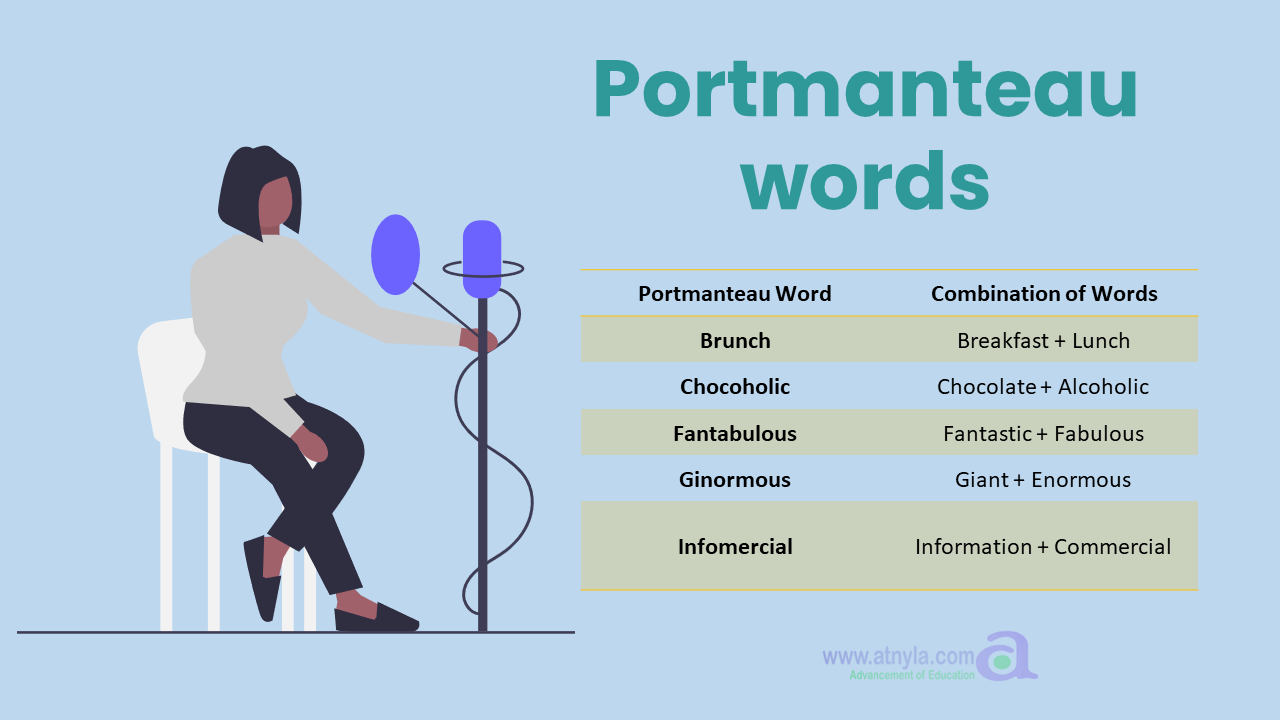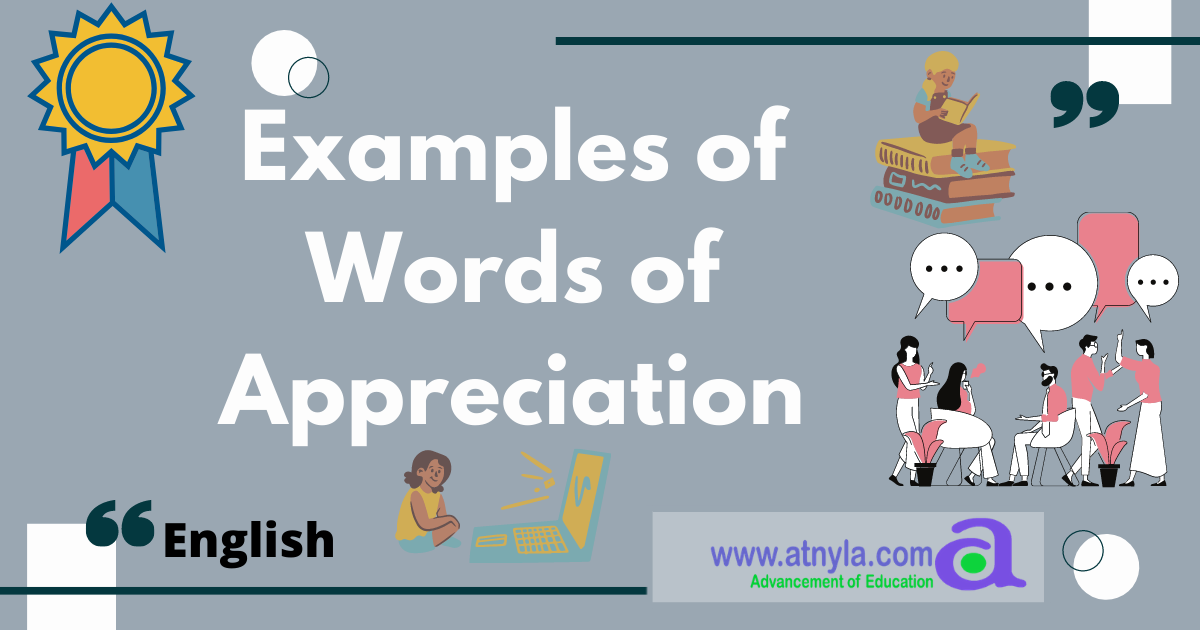Elevate Your Spoken English: Enhancing Expression with Alternatives
Introduction:
Are you looking to level up your spoken English skills? Effective communication is not just about the words you say; it's also about how you say them. In this blog, we'll explore an often overlooked aspect of improving your spoken English: diversifying your vocabulary to find alternatives for common phrases like "you can see here." By incorporating fresh and engaging alternatives, you can make your spoken English more vivid and captivating.
The Power of Varied Expression:
Why should you bother to find alternatives for common phrases? The answer lies in the richness and depth it adds to your spoken English:
-
Engagement: Diversifying your vocabulary makes your conversations more engaging. It piques the interest of your listeners and keeps them attentive.
-
Clarity: By choosing the right word or phrase for a particular context, you enhance the clarity of your message. This can help you convey your ideas more effectively.
-
Expressiveness: Using alternatives allows you to express yourself with nuance and flair. You can capture subtleties and emotions that might be lost with repetitive language.
Let's now delve into some alternatives to "you can see here" to elevate your spoken English:
-
"Take a look at this": This phrase invites your listener to direct their attention to something specific, making it a great alternative to "you can see here."
-
"Observe the following": When you want to encourage focused attention, using "observe" can convey a sense of importance and detail.
-
"Note this": A concise way to draw attention to a particular point, "note this" is effective and straightforward.
-
"As evident here": This phrase highlights the obvious nature of what you're presenting, suggesting that it's easily perceivable.
-
"Let's examine this": When you want to explore a subject in-depth, using "examine" implies a thorough investigation.
-
"This is readily apparent": Emphasizing that something is easily seen or understood, this phrase adds a layer of certainty to your statement.
-
"Direct your attention here": This alternative is particularly useful when you want to guide your listener's focus to a specific detail or aspect.
-
"This illustration reveals": If you're presenting visual or concrete evidence, "reveals" suggests that the information is being unveiled.
-
"Here, we have": This phrase is a concise way to introduce a topic or concept, implying that you're about to present something noteworthy.
-
"Take note of this": A friendly and assertive way to invite your listener to pay attention.
Practical Tips to Expand Your Vocabulary:
Now that we understand the importance of a rich vocabulary, let's delve into some practical tips to help you improve your spoken English:
-
Read Regularly: Reading is one of the most effective ways to expand your vocabulary. Make it a habit to read books, newspapers, magazines, and online articles in English. Whenever you come across unfamiliar words, take the time to look up their meanings and try to use them in your conversations.
-
Use Vocabulary Apps: There are numerous apps and online tools designed to help you learn new words and their meanings. Some popular options include Duolingo, Memrise, and Anki. These apps often use interactive methods to make learning engaging and fun.
-
Keep a Vocabulary Journal: Start a journal where you write down new words you encounter. Include their meanings, pronunciation, and example sentences. Review your journal regularly to reinforce your learning.
-
Engage in Conversations: Practice makes perfect. Engage in conversations with native speakers or fellow learners. Don't be afraid to use the new words you've learned. The more you use them, the more they'll become a natural part of your vocabulary.
-
Watch English Movies and TV Shows: Watching movies and TV shows in English exposes you to different accents, slang, and colloquial expressions. Pay attention to how characters use language in various situations.
-
Join English Language Groups: Many cities have English language conversation groups where learners gather to practice speaking. Joining one of these groups can provide a supportive environment for improving your spoken English.
The Power of a Rich Vocabulary:
A rich vocabulary is like a toolkit that empowers you to express yourself more effectively. It allows you to convey your thoughts and ideas with precision, making your communication clearer and more engaging. Here's why expanding your vocabulary matters:
-
Improved Clarity: When you have a variety of words at your disposal, you can choose the one that best fits the context. This reduces the chances of misunderstandings and ensures your message is conveyed accurately.
-
Enhanced Expressiveness: A diverse vocabulary allows you to be more expressive. You can add nuance and depth to your conversations, making them more interesting and engaging for your listeners.
-
Confidence Boost: Having a robust vocabulary boosts your confidence when speaking English. You'll feel more capable and comfortable in a wider range of situations.
Conclusion:
Improving your spoken English involves more than just grammar and pronunciation; it's also about expanding your vocabulary and finding alternatives to common phrases. By incorporating these alternatives into your conversations, you can enhance your engagement, clarity, and expressiveness. So, next time you're tempted to say "you can see here," consider these alternatives to make your spoken English shine and leave a lasting impression on your audience.



































